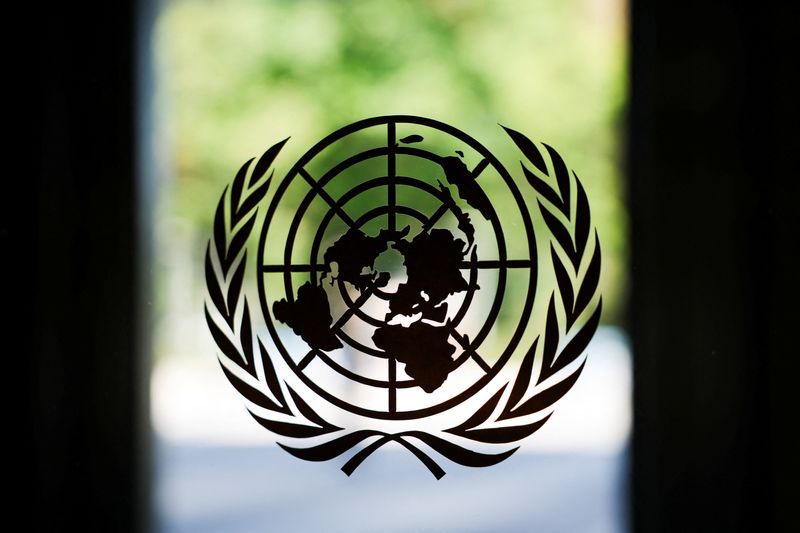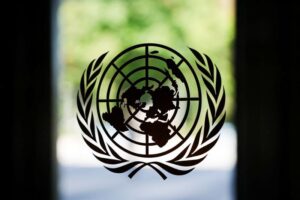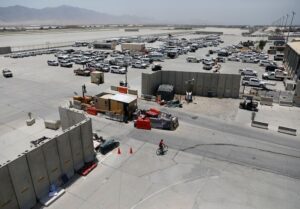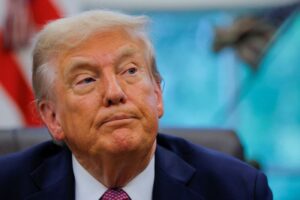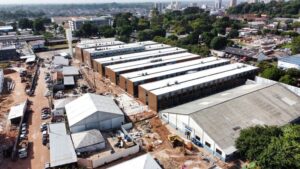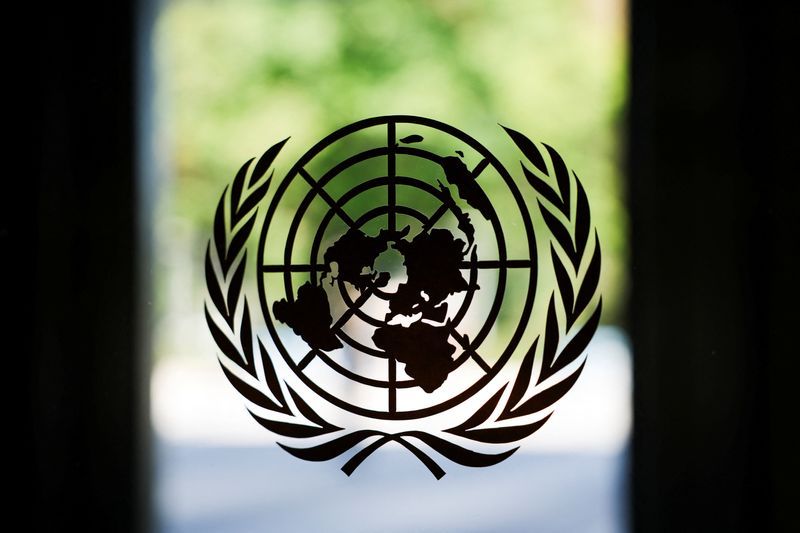
(Reuters) – Venezuela arrests opposition figures’ family members in a “sustained and systematic pattern” to generate fear and social control, a United Nations fact-finding mission said in an upcoming report.
The report, seen by Reuters on Friday, is set to be presented at a session of the U.N. Human Rights Council next week. It is based on research conducted from September 2024 through August this year.
The South American country’s opposition and international human rights bodies have denounced an escalating crackdown on opposition figures there since a July 2024 presidential election.
The opposition published ballot box tallies showing a resounding victory for its candidate, but the government of President Nicolas Maduro and the supreme court said Maduro won a third term.
Neither the communications ministry nor the attorney general’s office responded immediately to requests for comment.
Maduro’s government has previously said that the U.N.’s fact-finding mission is a mechanism of aggression, and has insisted that Venezuela is a democracy governed by laws.
Arrests of relatives of “people from the opposition or perceived as such … are not limited to individual actions, but respond to a policy of repression oriented towards creating fear and social control,” the report said.
Family members are detained as reprisals against opposition politicians or as a way to exert pressure, the report said, and the arrests have serious impacts on family units and reinforce a climate of fear.
Among those named in the report is Rafael Tudares, son-in-law of the opposition’s former presidential candidate Edmundo Gonzalez, who was detained in January while taking his young children to school. His family says they have received no information about him since.
Relatives in the cases probed by the U.N. were denied access to a lawyer of their choice and instead were given public defenders, the report said.
(Reporting by Reuters; Editing by Richard Chang)
